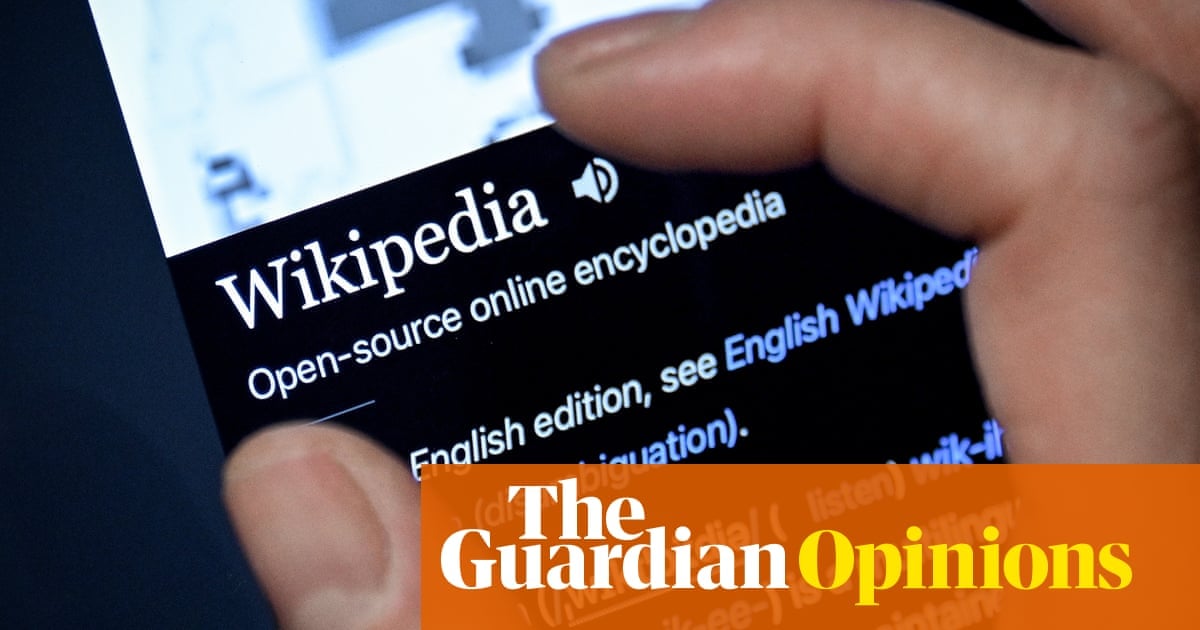The world’s most important knowledge platform needs young editors to rescue it from chatbots – and its own tired practices
Established in 2001, Wikipedia is an “old man” by internet standards. But the role it plays in our collective knowledge of the world remains astonishing. Content from the free internet encyclopedia appears in everything from high-school term papers and pub trivia questions to search engine summaries and voice assistants. Tools like Google’s AI Overviews and ChatGPT rely heavily on Wikipedia, although they rarely credit the site in their responses.
And therein lies the problem: as Wikipedia’s visibility diminishes, reduced to mere training data for AI applications, it also loses prominence in the minds of readers and potential contributors. When someone notices a topic that is poorly described on Wikipedia, they might feel motivated to correct it. But this can-do spirit goes away when the error comes through an AI summary, where the source of the information isn’t clear.



Right, in my experience the majority of URLs generated by LLMs are just jumbles of letters that vaguely look like a URL. A fundamental architecture difference needs to happen in one way or another to properly cite sources, and it’s really bad for performance.